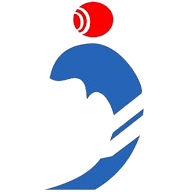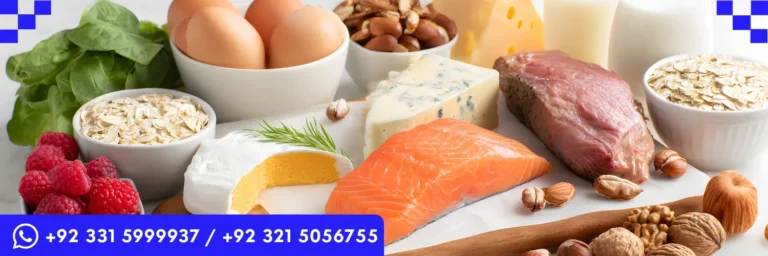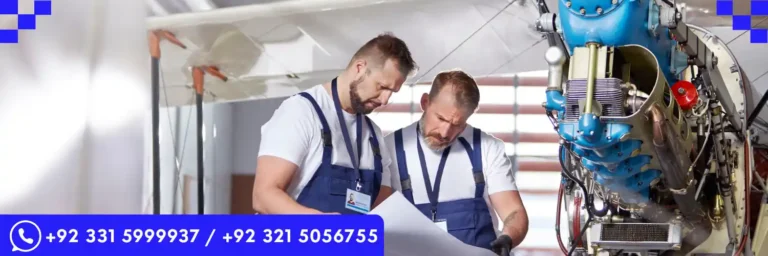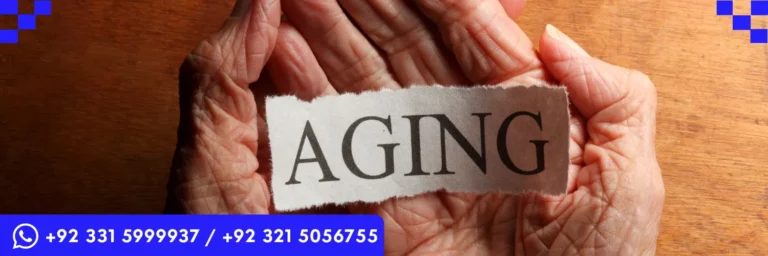The QualCert Quality Assurance / Quality Control (QA/QC) and Piping Engineering Certificate is designed for professionals and aspiring engineers who want to gain specialised knowledge and practical skills in QA/QC and piping engineering. This certification provides a solid foundation in inspection techniques, piping system design, welding processes, non-destructive testing (NDT), and quality control standards. It prepares learners to work confidently in industries such as oil and gas, petrochemicals, power plants, and construction.
Course Overview
This course focuses on the dual aspects of QA/QC inspection and piping engineering, offering learners a complete understanding of how to maintain quality, reliability, and compliance in industrial projects. Learners will study international codes and standards, piping system layouts, welding quality, and inspection procedures. With a combination of theoretical knowledge and applied case studies, participants will be well-prepared to ensure safety, efficiency, and excellence in project execution.
Course Study Units
- Fundamentals of QA/QC in Piping Engineering
- Piping Materials, Standards, and Dimensional Inspection
- Welding Processes, Symbols, and Quality Inspection
- Piping Fabrication, Installation, and Erection Standards
- Non-Destructive Testing (NDT) and Hydrostatic Pressure Testing
- QA/QC Documentation, HSE Compliance, and Regulatory Frameworks
Learning Outcomes
1. Fundamentals of QA/QC in Piping Engineering
- Understand the core principles of quality assurance and control in industrial piping.
- Identify roles and responsibilities of a QA/QC engineer within a project lifecycle.
- Apply ISO 9001 principles and QA plans to engineering projects.
- Analyse quality control processes in piping fabrication and installation.
- Evaluate quality performance indicators in a piping project environment.
2. Piping Materials, Standards, and Dimensional Inspection
- Classify piping materials according to ASTM, ASME, and API standards.
- Interpret material test certificates (MTC) and conduct material verification.
- Perform dimensional checks on fittings, flanges, and pipe spools.
- Apply codes and specifications in selecting suitable piping components.
- Evaluate the impact of material properties on pipeline performance.
3. Welding Processes, Symbols, and Quality Inspection
- Identify welding processes such as SMAW, GTAW, MIG/MAG, and FCAW.
- Interpret welding symbols as per AWS and ISO standards.
- Monitor weld quality through visual and mechanical inspections.
- Detect and classify weld defects and apply correction methods.
- Verify welder qualification records (WQR) and procedure qualification records (PQR).
4. Piping Fabrication, Installation, and Erection Standards
- Interpret piping isometric drawings and spool fabrication plans.
- Supervise fit-up, alignment, and installation as per ASME B31.1 / B31.3 codes.
- Monitor tolerances and alignment during field erection.
- Ensure proper support installation, slope alignment, and piping routing.
- Implement punch list completion and pre-commissioning checks.
5. Non-Destructive Testing (NDT) and Hydrostatic Pressure Testing
- Understand basic NDT methods: VT, RT, UT, MT, and PT.
- Interpret NDT reports and assess testing results for acceptability.
- Supervise hydrostatic and pneumatic testing procedures.
- Ensure compliance with pressure testing safety protocols.
- Document pressure test packs and review test certificates.
6. QA/QC Documentation, HSE Compliance, and Regulatory Frameworks
- Compile Inspection Test Plans (ITPs) and Quality Control Procedures (QCPs).
- Maintain and control QA/QC documentation for project traceability.
- Apply safety protocols and risk assessments in quality control.
- Interpret applicable HSE standards such as OSHA and ISO 45001.
- Understand legal, contractual, and compliance aspects in QA/QC roles.
Course Benefits
- Earn an internationally recognised certificate to boost your professional profile.
- Gain dual expertise in QA/QC inspection and piping engineering.
- Enhance career opportunities in oil and gas, petrochemical, and construction industries.
- Acquire practical skills in NDT, piping design, and welding inspection.
- Learn real-world applications through case studies and project-based learning.
- Build confidence to work on large-scale industrial and engineering projects.
Ideal Learner
This course is ideal for:
- Engineering graduates and diploma holders in mechanical, civil, or related fields.
- Fresh graduates seeking a career in QA/QC and piping engineering.
- Welders, fabricators, and technicians wanting to move into inspection and quality roles.
- Engineers and supervisors working in oil and gas, petrochemicals, or construction.
- Professionals aiming to enhance their knowledge of piping systems and quality control.
Entry Requirements
- Minimum age: 18 years.
- Educational background: High school diploma or equivalent (technical diploma/degree preferred).
- Experience: Prior exposure to engineering, fabrication, or piping systems recommended.
- Language proficiency: Good command of English (reading, writing, and speaking).
Who Can Enrol
- Students and graduates pursuing careers in QA/QC or piping engineering.
- Engineers, inspectors, and technicians working in industrial projects.
- Professionals aiming to upgrade their qualifications for better career prospects.
- Individuals seeking to gain international recognition in QA/QC and piping inspection.
Future Progression
After completing this certificate, learners can progress to:
- Advanced certifications in QA/QC Engineering, Welding Inspection, and NDT.
- Specialised courses in Oil and Gas, Petrochemical Engineering, and Process Plant Design.
- Roles such as QA/QC Engineer, Piping Engineer, Welding Inspector, or Quality Supervisor.
- Leadership opportunities in project quality management and engineering consultancy.






